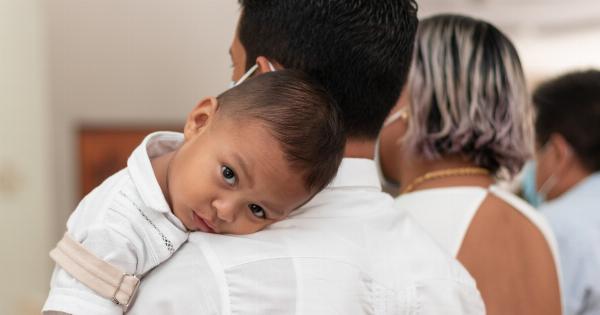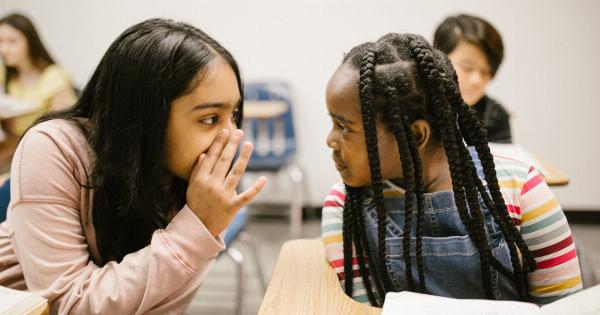Crime-related mother loss refers to the unfortunate circumstance where a child loses their mother due to criminal activities. This type of loss has severe and lasting consequences on the development and well-being of the child.
In a groundbreaking study conducted by the University of Cyprus, researchers sought to investigate the effects of crime-related mother loss on children and shed light on the long-term consequences faced by these individuals. This article will delve into the findings of this study and explore the implications for affected children.
The Scope of the Study
The study conducted by the University of Cyprus aimed to explore the impact of crime-related mother loss on multiple aspects of a child’s life.
The researchers focused on understanding the emotional, psychological, and social consequences that these children typically face. To achieve comprehensive results, the study followed a sample of children who experienced crime-related mother loss and compared them with a control group of children who did not experience such a loss.
By examining these two groups side by side, the researchers could better understand the unique challenges faced by the children who lost their mothers due to criminal activities.
Emotional Consequences
The emotional consequences of crime-related mother loss were found to be profound. Children who experience such loss often undergo intense grief, sadness, and confusion.
The absence of their mothers leaves a significant void in their lives, leading to feelings of loneliness, abandonment, and insecurity. The study found that these emotional challenges can persist well into adulthood, impacting relationships and overall mental well-being.
Psychological Consequences
The psychological impact of crime-related mother loss is also noteworthy. The study revealed that children in this situation are at an increased risk of developing mental health issues such as depression, anxiety, and post-traumatic stress disorder.
The trauma associated with the loss, coupled with the potential exposure to criminal activities, can have lasting effects on the child’s cognitive and emotional development.
Social Consequences
In addition to the emotional and psychological ramifications, crime-related mother loss also has significant social consequences for children.
The study found that these children are more likely to experience difficulties in establishing and maintaining relationships. They may struggle with trust, attachment, and forming healthy bonds with others. Additionally, this loss often disrupts the child’s social support network, further exacerbating their feelings of isolation and alienation.
Implications for Intervention
Understanding the consequences of crime-related mother loss is crucial for developing effective intervention strategies.
The study emphasized the importance of providing appropriate support and counseling services to children who have experienced this type of loss. By addressing the emotional and psychological needs of these children, it is possible to mitigate some of the long-term effects and promote healthier development.
Schools, communities, and law enforcement agencies must collaborate to ensure that systems are in place to support and protect these vulnerable children.
The Need for Further Research
While the study conducted by the University of Cyprus provides valuable insights into the consequences of crime-related mother loss, there is still much to uncover.
Further research is necessary to explore potential protective factors and resilience among affected children.
Examining the role of familial and community support systems, as well as the effectiveness of existing intervention programs, can inform the development of evidence-based practices that can better support these children and mitigate the negative outcomes they face.
In conclusion,
The study conducted by the University of Cyprus sheds light on the severe and lasting consequences of crime-related mother loss on children.
The emotional, psychological, and social challenges faced by these individuals highlight the urgent need for focused intervention and support. By providing appropriate resources and services, society can contribute to the healthy development and well-being of children affected by this type of loss.































